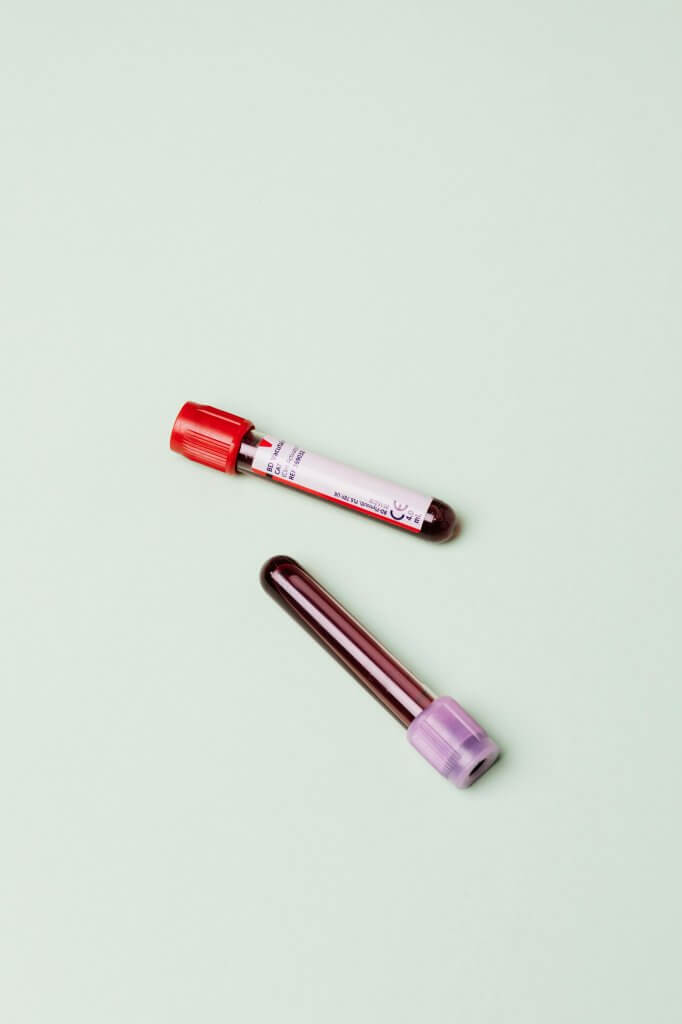Vitamin D Optimization Going Into Winter
As we move into the darker winter months in Kansas City and Overland Park, Vitamin D deficiency becomes increasingly common—and clinically significant. Reduced sunlight exposure, indoor living, colder temperatures, and shorter days all dramatically decrease natural Vitamin D synthesis. For many patients, this seasonal dip translates to worsened fatigue, low mood, increased inflammation, and compromised immune resilience.
At EvoHealth Functional Medicine in Overland Park, optimizing Vitamin D status is a core part of our longevity, metabolic, and immune protocols—especially during fall and winter when deficiency risk peaks.

Why Vitamin D Is Critical for Healthspan and Longevity
Vitamin D is more than a vitamin—it functions like a hormone with receptors across virtually every tissue system. Clinically, optimal levels support:
Immune Function & Infection Defense
Vitamin D modulates innate and adaptive immunity, supporting macrophage activity and antiviral defense pathways. Patients with suboptimal levels have higher susceptibility to respiratory infections, including viral illnesses common in winter.
Brain Function & Mood Regulation
Vitamin D plays a regulatory role in serotonin synthesis and neuroinflammation. Low winter sunlight plus Vitamin D insufficiency is strongly linked with seasonal affective symptoms, brain fog, irritability, and decreased motivation.
Metabolic Health & Weight Regulation
Lower Vitamin D correlates with:
-
Increased insulin resistance
-
Higher fasting blood glucose
-
Impaired fat oxidation
-
Elevated systemic inflammation
These patterns directly impact metabolic aging—making winter an important time to optimize levels.
Hormone Balance
Vitamin D signals through endocrine pathways affecting testosterone, estrogen balance, adrenal function, and thyroid autoimmunity—key pillars in our hormone optimization programs at EvoHealth.
Bone Density & Musculoskeletal Strength
Vitamin D regulates calcium absorption and supports neuromuscular function. Low levels increase risk of stress fractures, muscle weakness, and chronic pain.
Why Winter Raises Deficiency Risk in the Midwest
In winter months across Kansas City, Overland Park, Leawood, and Olathe, UVB intensity drops below the threshold required for Vitamin D synthesis. Practical reality:
Even if you spend time outdoors, you are not making meaningful Vitamin D in winter in the Midwest.
Layer on workplace indoor lifestyles, cloud cover, and shorter daylight hours, and deficiency is almost inevitable without supplementation.

Ideal Vitamin D Levels for Optimal Physiology
Most conventional labs consider >30 ng/mL sufficient. In functional & longevity medicine, we target a higher optimal range:
Target range: 50-70 ng/mL
This aligns with improved immune markers, reduced inflammatory load, and enhanced metabolic and mitochondrial performance. For autoimmune populations, the target often ranges slightly higher under clinician guidance.
We confirm levels with blood testing—not guessing.
Supplementation & Dosing: Evidence-Informed Approach
We personalize dosing based on lab markers, body weight, metabolic status, and season. However, general principles include:
-
Vitamin D3 with K2 for proper calcium metabolism
-
Routine lab monitoring to assess efficacy and avoid excess
-
Layering magnesium when appropriate, given its role in Vitamin D metabolism
Many patients require higher dosing in winter to maintain mid-optimal levels compared to summer.
Supplementation is not one-size-fits-all. We titrate based on labs and clinical goals.
Testing & Monitoring
Our winter Vitamin D protocol includes:
-
Serum 25-OH Vitamin D testing
-
Inflammatory marker review (hs-CRP, homocysteine)
-
Metabolic and hormone biomarker analysis
-
Personalized dosing based on labs and clinical context
Vitamin D is foundational, but we assess the entire metabolic and immune landscape—not isolated numbers.

Who Should Prioritize Testing Going Into Winter?
Those at highest risk for winter Vitamin D depletion include:
-
Indoor workers and students
-
Individuals with darker skin tones
-
Those with autoimmune or inflammatory conditions
-
Patients with metabolic dysfunction or insulin resistance
-
Individuals experiencing seasonal mood changes or fatigue
-
Athletes recovering from injury
-
Patients undergoing hormone optimization
How EvoHealth Helps You Maintain Optimal Levels
Our winter protocol includes:
-
Comprehensive lab evaluation
-
Precision dosing recommendations
-
Monitoring with follow-up labs
-
Personalized immune and metabolic support
-
Integrated lifestyle, light exposure, and circadian guidance
Optimal Vitamin D is a non-negotiable pillar in longevity and metabolic performance.

Take Control of Your Winter Health
If you experience mood fluctuations, fatigue, reduced immune resilience, or metabolic slowing during winter, Vitamin D may be a key factor. Optimizing your levels before the deepest winter months can significantly improve energy, mood stability, and immune performance.
To schedule a functional medicine evaluation and nutrient-status assessment at EvoHealth in Overland Park:
Call: 913-404-2193
Address: 13801 Metcalf Ave, Suite 205, Overland Park, KS
